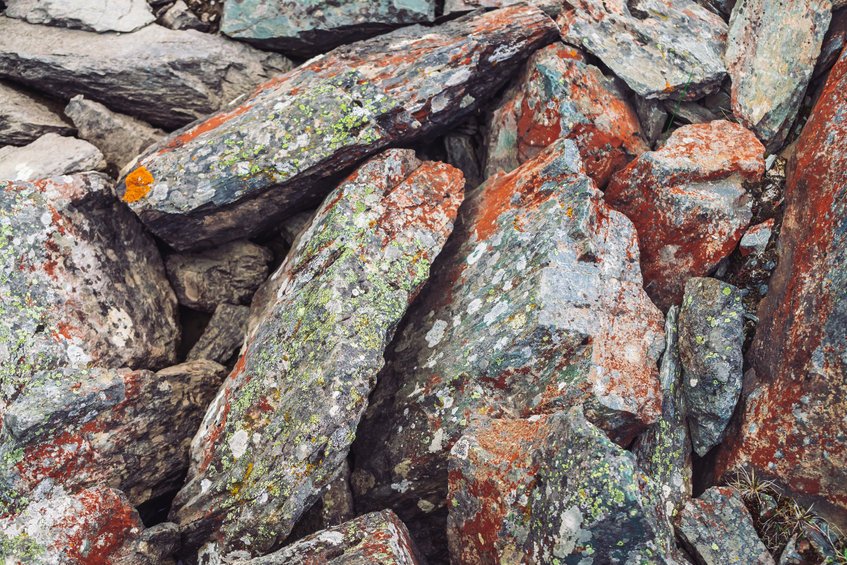South
Korea will drastically increase its strategic stockpiles of nickel, cobalt and
other critical metals, in a bid to ensure a stable supply of raw materials
vital to key industries including electric vehicle batteries and renewable
energy, the government said Thursday.
National stockpiles of 35 rare metals — designated by the government — will
increase to cover 100 days from the current 57 days, it said. New facilities
will be built while some existing ones will be expanded and the state-run Korea
Resources Corp. will oversee the overall management.
It is part of a set of measures announced by the Ministry of Trade, Industry
and Energy on Thursday, after a pangovernmental emergency economic meeting
presided over by Deputy Prime Minister and Finance Minister Hong Nam-ki.
At the meeting, Hong expressed concern over a potential “weaponization” of rare
metals, the majority of which Korea imports from overseas.
“While demand is growing fast for rare metals in line with the advancement of
new industries and a carbon neutrality drive, global supply is dependent on a
few countries,” the minister said.
“We urgently need a strategy.”
The move will allow Korea to mitigate uncertainties surrounding volatile supply
chains of critical metals. Nearly 63 percent of rare earth elements and 83
percent of tungsten are produced in China, 70 percent of cobalt in the
Democratic Republic of the Congo and 55 percent of white gold in the Republic
of South Africa.
The Trade Ministry expects global demand of the 35 designated metals to
quadruple by 2040.
“Rare metals are ‘vitamins of industry’ that determine the quality and
characteristics of products and are crucial for cutting-edge and new energy
industries. By securing robust supply chains of rare metals, Korea will become
rare metal-proof country,” said Industry Minister Moon Sung-wook.
Included in the package announced Thursday are plans to select 100 local
companies in the metals industry and provide them with various benefits and to
support private projects to explore mineral deposits overseas and obtain stakes
in mines.
While importing most of raw and basic materials it needs, Korea supplies a
small portion from overseas mines it owns or partially owns.
Seoul’s move comes amid a global rush to secure rare earth and critical
minerals, viewed as strategic items for economic security, in the face of
China’s growing dominance in supply.
“The plan responds to the Executive Order on America’s Supply Chains by the
United States, the Action Plan for Critical Raw Materials by the European Union
and New International Resource Strategy by Japan,” a ministry official said.
S. Korea to beef up critical metals stockpile


